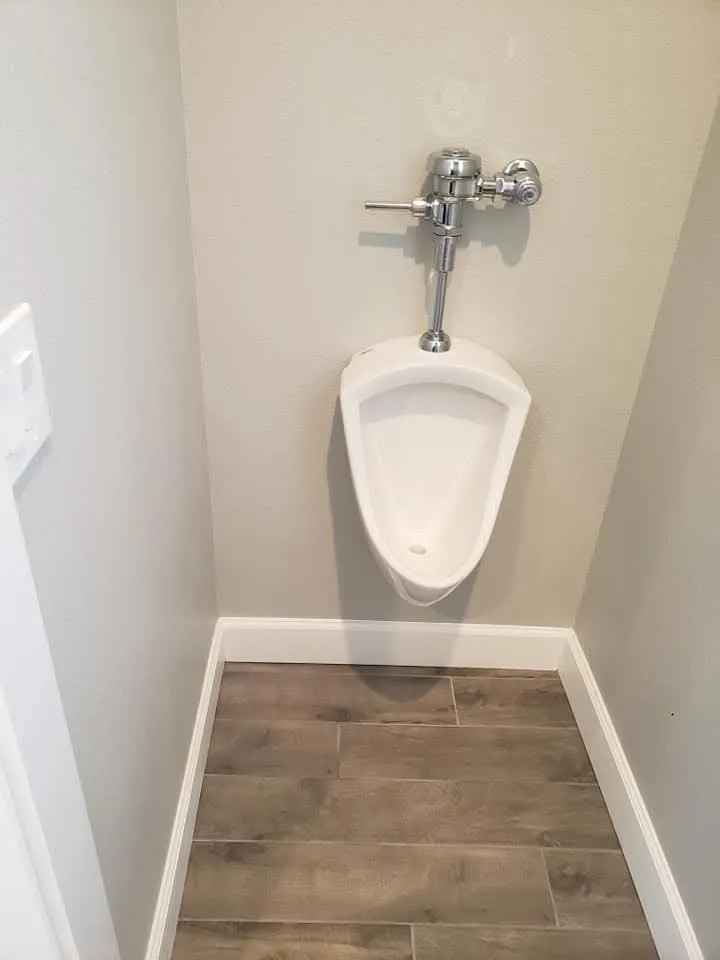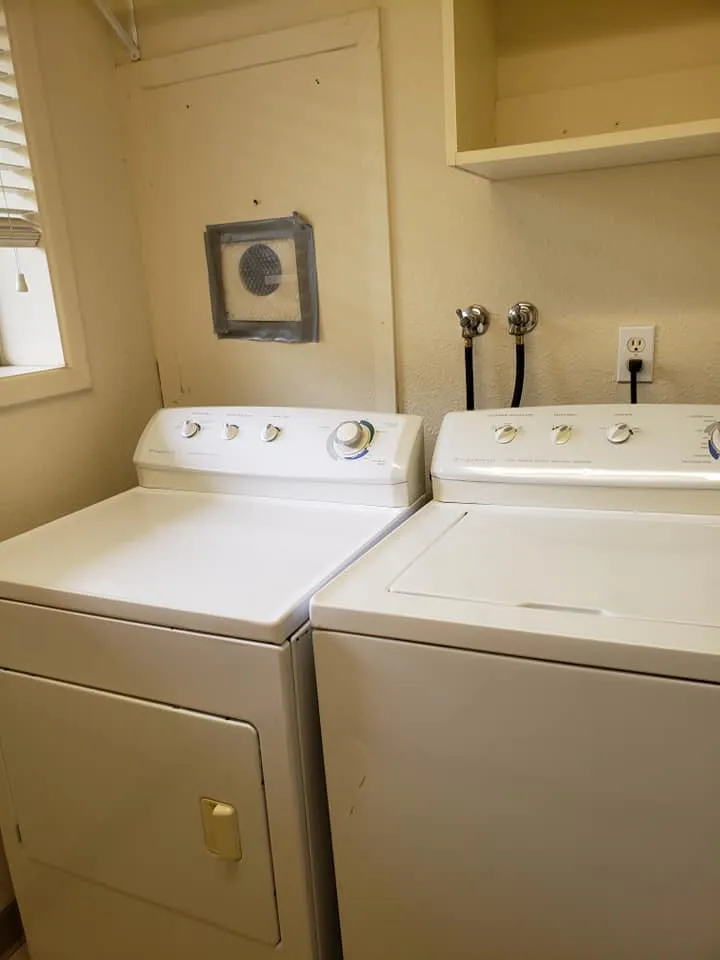Introduction
In today’s fast-paced world, the importance of a clean and organized office cannot be overstated. The workplace is not just a space for employees to perform their tasks; it's a second home for many. When we think about productivity, we often focus on factors like technology, employee engagement, and training. However, have you ever considered the role that cleanliness plays in employee output? This article aims to explore The Direct Correlation Between Office Cleanliness and Employee Output, shedding light on how maintaining a tidy workspace can lead to enhanced performance, improved morale, and overall job satisfaction.

The Direct Correlation Between Office Cleanliness and Employee Output
The relationship between cleanliness and productivity is often overlooked but is vital for any organization aiming for success. A clean office environment not only affects physical health but also has psychological implications that can impact work performance.
Why Cleanliness Matters
Health Benefits
A clean office reduces allergens, dust, and germs. Studies indicate that employees who work in clean environments are less likely to fall ill. This leads to fewer sick days taken, contributing positively to overall productivity.
Mental Clarity
An organized workspace promotes mental clarity. Clutter can lead to distractions which ultimately impede focus and creativity.
Employee Morale
A clean environment boosts morale among employees. When staff members feel good about their workspace, it fosters a positive atmosphere conducive to collaboration and teamwork.
Impact of Clean Spaces on Productivity
Surprisingly, the state of your office can significantly influence how efficiently your employees work. Here’s how:
- Reduced Distractions Cluttered desks can be distracting. Employees may spend more time searching for documents or tools rather than focusing on their tasks. Enhanced Creativity A clean space encourages creativity by providing a serene backdrop where ideas can flourish without the chaos of disorganization. Faster Task Completion When everything is in its place, tasks can be completed quickly without unnecessary interruptions caused by searching for misplaced items.
How Office Cleanliness Impacts Employee Health
Physical Well-being
A dirty office isn't just an eyesore; it can become a breeding ground for bacteria and viruses that may pose health risks to employees.
Common Health Issues Linked to Dirty Offices:
| Issue | Description | |------------------------|-------------------------------------------------| | Respiratory Problems | Dusty environments can trigger allergies | | Spread of Illness | Germs thrive in unclean areas | | Stress Levels | Clutter increases stress hormone levels |
Psychological Effects of Clean Workspaces
Beyond health concerns, the psychological effects of cleanliness should not be ignored:
- Employees tend to feel more relaxed when surrounded by cleanliness. A sanitized environment reduces anxiety levels. Positive feelings about one’s workspace lead to greater job satisfaction.
Cleaning Services: The Key to Maintaining Workplace Hygiene
Employing professional cleaning services can be an excellent strategy for organizations keen on maintaining an immaculate working environment.
Benefits of Hiring Cleaning Services
Expertise
Professional cleaners understand how to effectively tackle different types of messes using appropriate methods and products.
Time-Saving
By outsourcing cleaning duties, employees can focus on their core responsibilities without being sidetracked by maintenance tasks.
Consistency
Regular cleaning schedules ensure that standards are maintained consistently across the board.
Choosing the Right Cleaning Service Provider
When selecting a cleaning service provider, consider these factors:
- Experience in commercial cleaning Eco-friendly practices Flexibility in scheduling Customer reviews
The Role of Organizational Culture in Workplace Cleanliness
An organization’s culture plays a significant role in determining its cleanliness standards.
Building a Culture of Cleanliness
Employee Involvement
Involving staff in maintaining cleanliness fosters ownership over their workspace.
Incentives for Keeping Clean
Recognizing teams or individuals who maintain orderly workspaces encourages others to follow suit.
Regular Training Sessions
Offering workshops on the importance of cleanliness reinforces expectations across all levels of staff.
Strategies for Maintaining Office Cleanliness
Keeping an office clean requires proactive planning:

Daily Maintenance Routines
Encourage employees to tidy their desks at the end of each day. Employ janitorial staff during off-hours or weekends. Provide adequate supplies such as trash bins and recycling stations around the office.Weekly Deep Cleaning Protocols
Implementing weekly deep-cleaning protocols ensures every corner receives attention:
| Area | Cleaning Frequency | |--------------------|-------------------------------| | Desks | Daily | | Floors | Weekly | | Restrooms | Multiple times per week | | Common Areas | Weekly |
Cleanliness and Team Collaboration: A Synergistic Relationship
Another fascinating aspect is how cleanliness fosters better collaboration among team members:
Creating Collaborative Spaces
A clean collaborative area encourages open communication and brainstorming sessions while reducing friction caused by cluttered spaces.
Designate specific areas for meetings. Keep communal spaces organized with necessary supplies readily available. Ensure proper sanitization protocols are followed post-meetings.Employee Perceptions: The Importance of Feedback on Cleanliness Initiatives
Understanding employee perceptions regarding cleanliness initiatives is crucial for continuous improvement:
Gathering Feedback Effectively
Conduct regular surveys regarding workplace cleanliness. Create an anonymous feedback system allowing staff members to voice concerns freely. Hold periodic meetings discussing cleanliness standards and encouraging suggestions from employees.FAQ Section
1. Why does office cleanliness affect productivity?
Office cleanliness impacts mood, focus, Residential Cleaning Services in Amity health, and efficiency—all key components influencing productivity levels among employees.
2. How often should an office be cleaned?
Generally speaking, offices should have daily light cleaning with deep cleaning scheduled weekly or bi-weekly depending on usage levels.
3. Are professional cleaning services worth the investment?
Absolutely! They save time, provide expertise, ensure consistency in cleaning quality, and maintain high hygiene standards essential for employee well-being.
4. What specific areas should receive attention during deep cleaning?
Key areas include restrooms, break rooms, desks, floors, windowsills—the places where dirt tends to accumulate over time!
5. Can clutter really affect my mental well-being at work?
Yes! Clutter creates visual distractions leading to increased stress levels which hinder performance amidst chaotic surroundings!
6: How do I promote a culture of cleanliness within my organization?
Encouragement through involvement opportunities paired with incentives drives collective responsibility towards maintaining cleaner workspaces!
Conclusion
In conclusion, there’s no denying that The Direct Correlation Between Office Cleanliness and Employee Output holds true across various dimensions—from health benefits to enhanced morale among workers engaged within well-maintained environments! By investing time into creating strategies promoting both physical tidiness alongside fostering organizational cultures emphasizing proper maintenance through professional cleaning services, businesses stand poised not only enhance productivity but also cultivate happier healthier workplaces overall!

So next time you step into your office space—take stock—how does it make you feel? Is it inspiring or overwhelming? Remember—a little effort goes a long way toward creating an environment conducive not just achieving results but enjoying every moment spent therein!